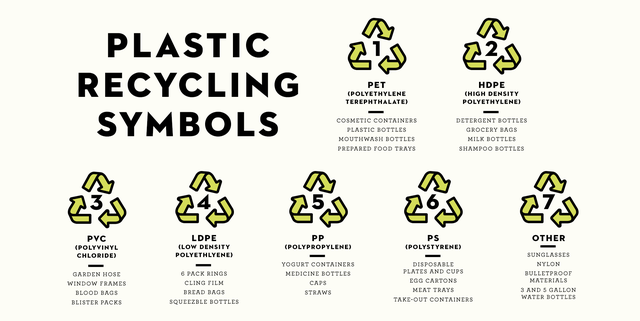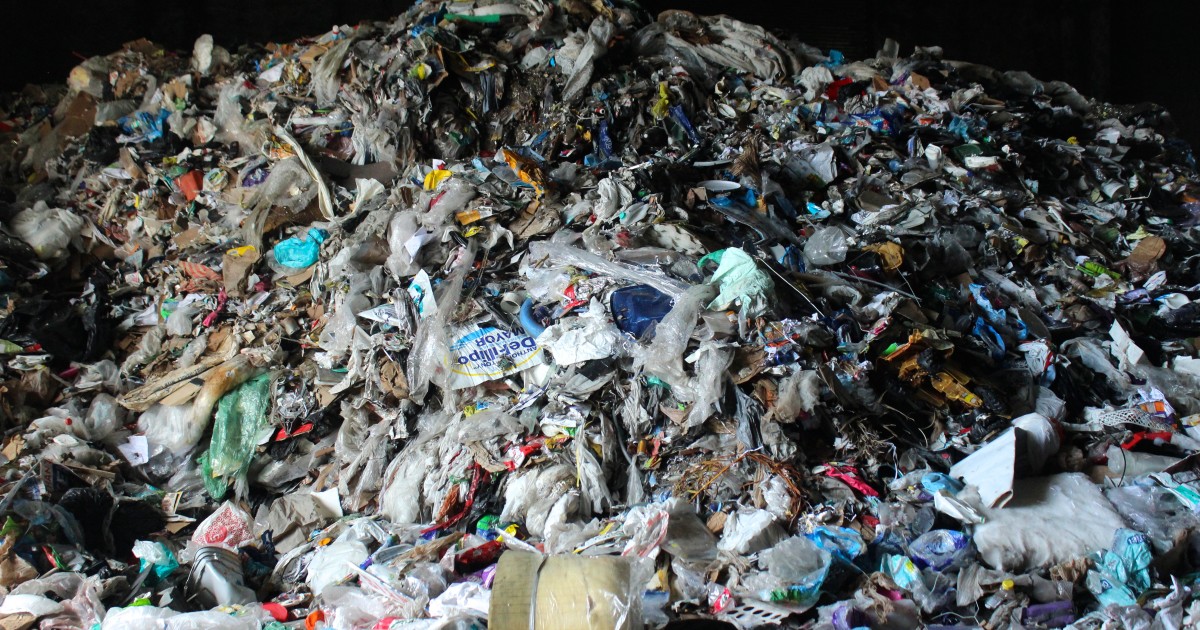Written by: Natalia Brown
As we all strive to lead more environmentally and socially conscious lives, recycling has become an increasingly contentious topic. This blog post will address some of the key questions and associated opportunities!
What is recycling?
The term recycling is often used inaccurately to refer to other forms of reusing or re-purposing items. It’s important that anyone participating in municipal recycling understands that this specifically refers to breaking down and reprocessing waste materials to convert them into new materials for manufacturing.
What is recyclable?
For recycling to work, your local waste management service needs to accomplish 3 key steps: (1) accumulate a large supply of homogeneous materials, (2) establish a method for collecting and processing those materials, and (3) identify a market demand for the recycled material.
Specifics for recycling procedures vary between states and even most local municipalities. This means that even traveling a short distance to visit a friend may change what items are considered acceptable for recycling (which plastics, glass, paper, etc.), how to separate these materials (single stream or categorized bins), and where you leave your recycling (curbside bins, drop-off centers, etc.).
For more information about what is recyclable where you live, visit your municipality’s website or contact your waste hauler directly.
Your waste hauler could tell you exactly what they are accepting and recycling based on current market trends. For example, in Miami-Dade County, most recycling is collected by Waste Management, and anyone can reach out to them for current information on the fate of their community’s recyclables.
For more information about what is recyclable Miami-Dade County, how those items are determined and managed locally— check out our previous post, 50 Shades of Green: Recycling in Miami.
It seems as though nearly all consumer products have some sort of labeling that resembles the iconic recycling emblem nowadays. Use of these symbols often indicates the subcategory, as for plastics shown below, but labeling of recyclables is not consistent or regulated overall. Unfortunately, this means that labeling is often misleading and should not be used as a guide. Your most accurate guide will be the recycling rules established by your municipality and waste hauler.

Your city or county may offer additional waste management solutions such as specific collections for e-waste or textile waste, or even composting for food scraps and yard waste!
How is recycling problematic?
All used plastic can theoretically be reprocessed into new things, but picking it up, sorting it out, and melting it down is expensive and complicated by contamination. Plastic also degrades each time it is recycled, so it can only be reprocessed a limited number of times. Meanwhile, making new plastic from fossil fuels is very cheap and already streamlined by existing industry technology.
NPR and PBS Frontline conducted a thorough investigation of documentation and messaging coming from the fossil fuel industry, and the results shed light on the problematic history of recycling. They surveyed internal industry documents and interviewed former top officials to reveal that the industry invested massive sums of money to promote recycling as a solution that would qualm the general public’s concerns about plastic waste. Meanwhile, they knew the majority of plastic would not be effectively recycled, and they continued accumulating billions of dollars in profit by selling the world new plastic.
This investigation found that “the industry’s awareness that recycling wouldn’t keep plastic out of landfills and the environment dates to the program’s earliest days.”
“There is serious doubt that [recycling plastic] can ever be made viable on an economic basis,” one industry insider wrote in a 1974 speech.
All the seemingly pro-environmental ads promoting circularity and consumer consciousness were funded by companies like Exxon, Chevron, Dow, DuPont and their lobbying and trade organizations attempting to conceal the reality that most plastic is burned or littered into the ocean.
Realistically, the entire concept of plastic waste recycling has only become less feasible: there are more types of plastic, it’s more cost effective to make new than recycled plastics, and there is exponentially more plastic waste than we had to deal with 30 years ago.
The oil industry profits more than $400 billion each year from plastic production, and as demand for oil for transportation declines, the industry projects that future profits will increasingly come from the plastic sales. In fact, analysts project that plastic production and consumption will triple by 2050.
What can we do?
Sorting plastic waste perfectly into the blue bins we’ve been accustomed to for the last several decades will not be the solution to the plastic waste crisis, but individuals like you and I certainly have a role to play in this imperfect system.
Public officials are noting that plastic recycling is more expensive than profitable for many municipalities. Rescinded recycling programs throughout the United States have been met with public outcry and disappointment with local officials for eliminating a service to their local environment. Although the notion of recycling is great in theory, it’s largely broken at this point. We can contribute to making recycling more feasible by learning the rules of what is acceptable recycling in our municipalities and cleaning those items before placing them in a recycling bin.
Nonetheless, it will be drastically more effective for individuals to advocate for other mechanisms to reduce our collective reliance on plastic. We can advocate for extended producer responsibility mandated through public policy or institutional bans on non-essential plastic products at our universities, places of work, or residences.
It’s unlikely that you will be able to completely break-up with plastic products. Their versatility and durability has made them a component of nearly every consumer product sold in the United States, but there are some notable exceptions. You can opt for products made by companies striving to build a more sustainable supply chain by using recycled inputs or avoiding plastic altogether by using alternative materials. Some of our favorites are Love Beauty and Planet’s cruelty free hair and skin products packaged in 100% recycled bottles and For Days’ 100% cotton face masks produced in a closed-loop, zero waste system. This post is not sponsored by either company, we sincerely find their products to be accessible and effective solutions.
The best thing to do with any plastic product you already own, is to give it a long life of re-use! Brainstorm ways to re-purpose packaging materials and consider sharing plastic products that you no longer need with a family member or friend before discarding them. For more ideas on how to make the most of things you already own— check out our previous post, 3 Key Strategies for Low Waste Living on a Budget.



